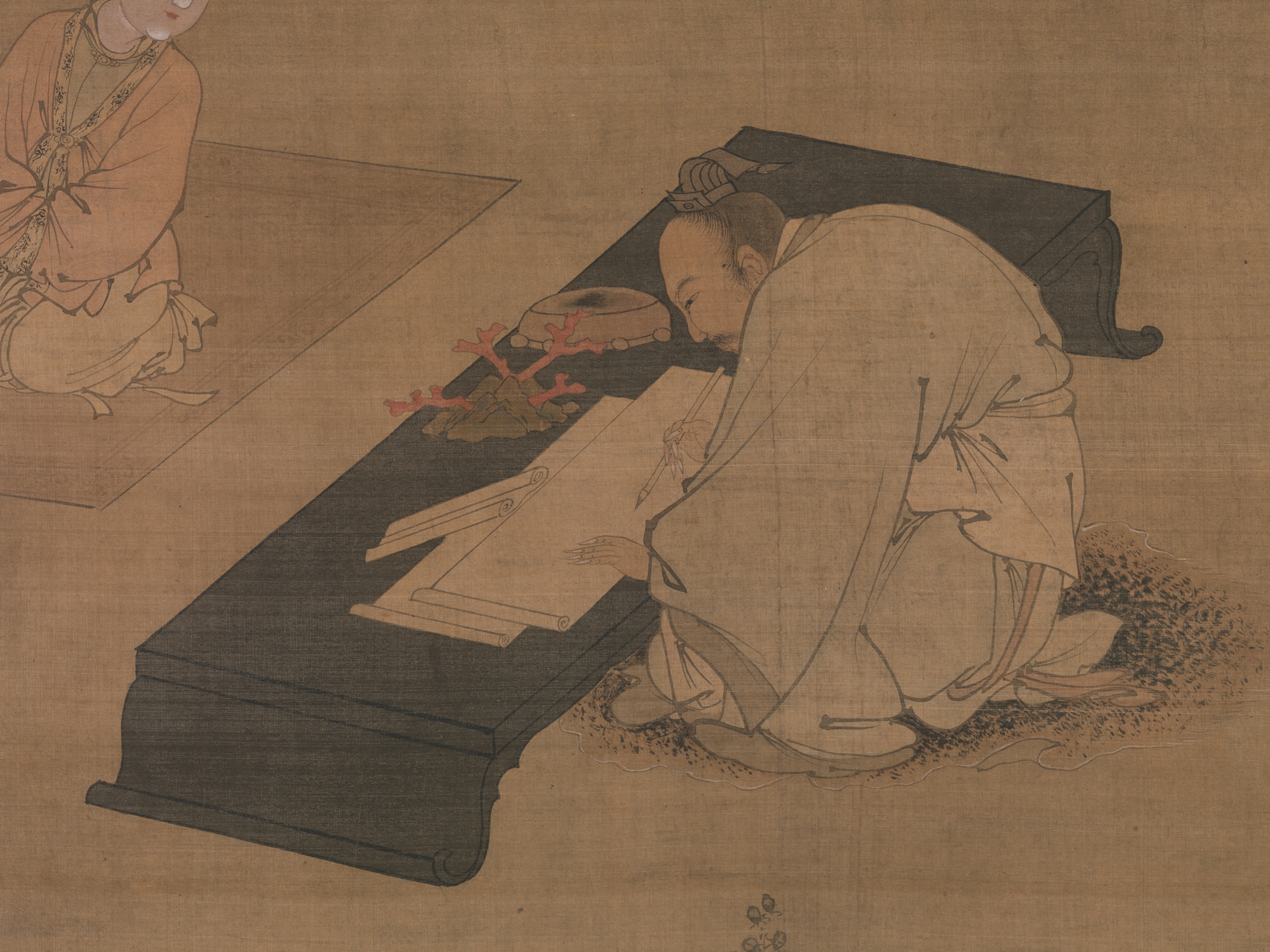
Classical Chinese (gu hanyu 古漢語) is the spoken and written language of the period of ca. 5th century BCE to ca. 1 st century CE. It is the language in which most of the texts from that period are written and the basis for later development into Literary Chinese (wenyanwen 文言文). In the context of premodern Asia, it also served as the lingua franca of the elites in Japan, Korea, and Vietnam. The importance of the language remains also in modern Chinese as well as a group of regional dialects, with which it actually competes as a symbol of erudition and prestige.
The sensible way to approach this language—lasting though not immutable—is through the texts of the Classical period. In this introductory class, we will progress from the smaller elements of the language to its larger components and finally to a selection of short passages in their entirety. We will look at syntactic functions of individual words, typical sentence patterns, and the basic functions
1 of the various grammatical particles that very much structure the sentences. On that basis, we will also learn to use the best of the reference materials so far available, conduct rigorous grammatical analysis, and translate the language in its different forms and genres into English. By the end of the semester, you will have gained the knowledge, skill, resources, and cultural background to continue the study of Classical Chinese either in a more advanced course or on your own.
This course does not require knowledge of Mandarin, although a year or two of beginning Chinese will certainly be helpful.
The sensible way to approach this language—lasting though not immutable—is through the texts of the Classical period. In this introductory class, we will progress from the smaller elements of the language to its larger components and finally to a selection of short passages in their entirety. We will look at syntactic functions of individual words, typical sentence patterns, and the basic functions
1 of the various grammatical particles that very much structure the sentences. On that basis, we will also learn to use the best of the reference materials so far available, conduct rigorous grammatical analysis, and translate the language in its different forms and genres into English. By the end of the semester, you will have gained the knowledge, skill, resources, and cultural background to continue the study of Classical Chinese either in a more advanced course or on your own.
This course does not require knowledge of Mandarin, although a year or two of beginning Chinese will certainly be helpful.
- Teacher: Benjamin Ridgway
- Teacher: Zhuming Yao
